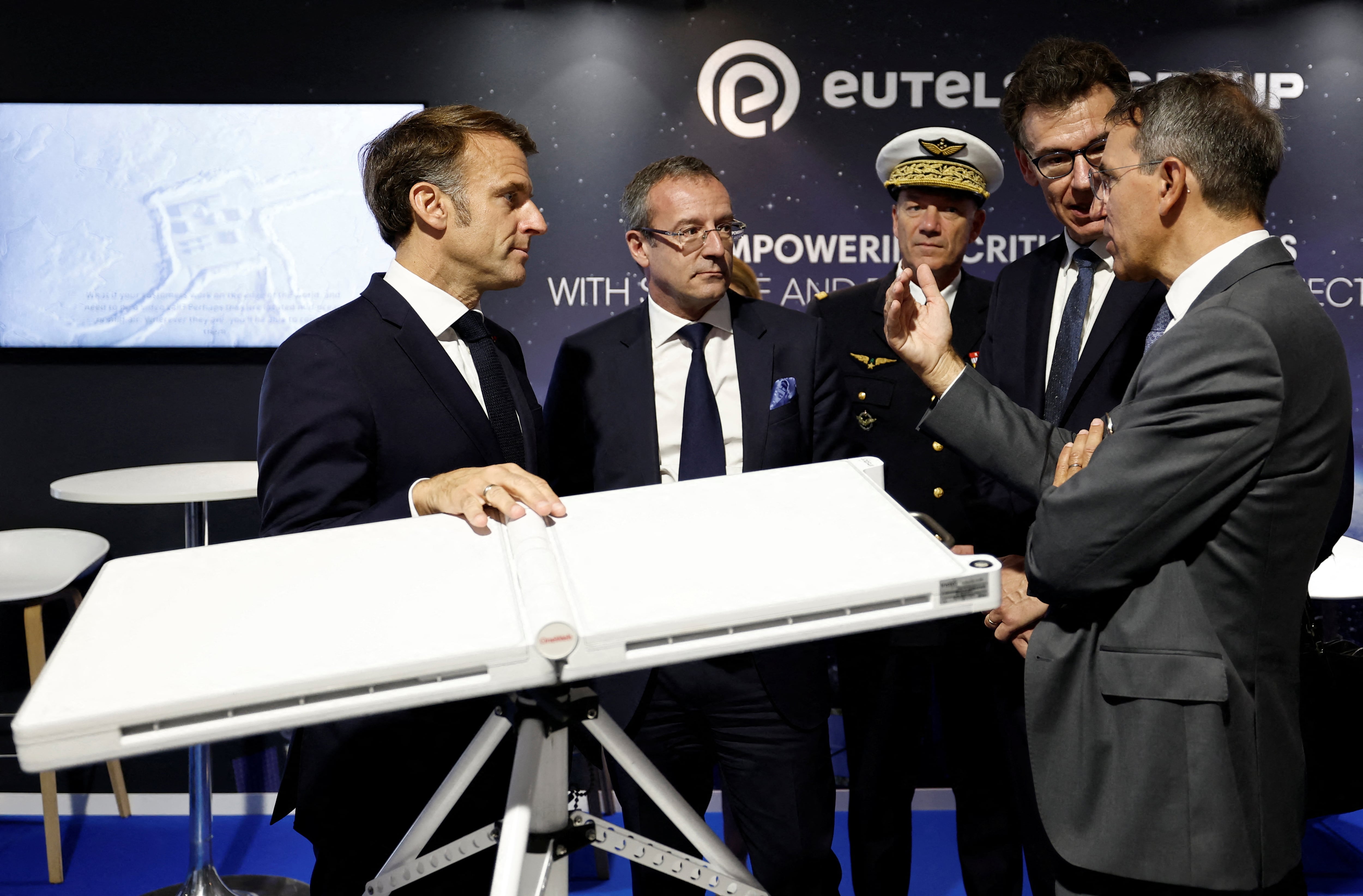WASHINGTON — Boeing, which along with partner Lockheed Martin submitted the losing bid in the competition to build the U.S. Air Force's new Long Range Strike Bomber, filed a protest Nov. 6Friday with the Government Accountability Office over the DoD awarding the contract to Northrop Grumman on Oct. 27.
The GAO now has 100 days to review the protest and issue a ruling.
Northrop Grumman, maker of the stealth B-2 bomber, won the award in part because of a projected cost per plane of $511 million in 2010 dollars, well below the Pentagon's cost cap of $550 million in 2010 dollars.
Boeing has little to lose and much to gain from a protest. The LRS-B contract award is expected to top $100 billion over the life of the contract and will mean decades of revenue for the winning contractor. Without LRS-B, Boeing's military aircraft facility in St. Louis, Missouri, could face extinction.
But Boeing faces long odds of a successful protest. As a recent annual report on the defense acquisition system noted, only around 2 percent of defense protests were actually upheld in 2013, the last year data was available. This rate is lower than the overall federal rate for that year, which was just under 4 percent.
Additionally, the Air Force, clearly eager to avoid a repeat of the decade-long tanker saga when a Boeing protest eventually reversed the original award to Airbus, has taken great pains to insulate the LRS-B award.
Service leadership tasked not one but two independent cost estimators to evaluate the program, officials revealed last week. Experts also point to a recent Pentagon Inspector General audit of the LRS-B acquisition process as evidence the contract award is air tight.
In making the announcement, Secretary Deborah Lee James stressed that the selection process was "deliberate and disciplined."
"Award of this contract followed a deliberate and disciplined process, our team of professionals carefully considered the offerers' proposals in accordance with the source selection criteria," James told reporters during the award announcement. "The entire process was carried out with a high level of transparency with our industry partners and was scrutinized via DOD peer reviews."
But despite the Air Force's best efforts, a protest could delay the program and spark an ugly public relations battle, particularly given Boeing's clout on Capitol Hill.
Boeing and Lockheed will likely wage intense lobbying campaigns. Boeing is expected to tap the Missouri delegation, including influential Democratic Sen. Claire McCaskill and Republican Sen. Roy Blunt, while Lockheed will look to the Texas delegation, particularly Fort Worth's Republican Rep. Kay Granger and House Armed Services Committee Chairman Rep. William "Mac" Thornberry, also a Republican.
Before the announcement last week and after a hearing on streamlining defense acquisitions, Thornberry acknowledged concerns over a possible LSR-B protest and the litigious nature of acquisitions in general.
"It's part of the way acquisition culture has developed that every bid award has protests, and you're expected to protest – basically with no penalty," he told reporters. "So, a number of members have had ideas about improving that situation, and it's something that we will continue to discuss."








